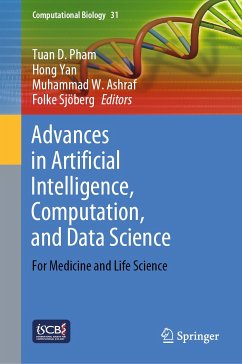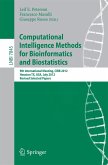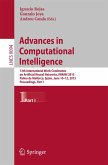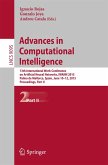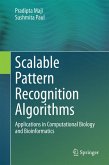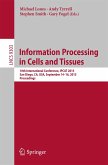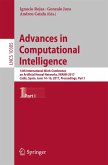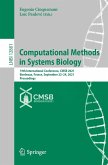This edited book attempts to report recent advances in the complementary domains of AI, computation, and data science with applications in medicine and life science. The benefits to the reader are manifold as researchers from similar or different fields can be aware of advanced developments and novel applications that can be useful for either immediate implementations or future scientific pursuit.
Features:
- Considers recent advances in AI, computation, and data science for solving complex problems in medicine, physiology, biology, chemistry, and biochemistry
- Provides recent developments in three evolving key areas and their complementary combinations: AI, computation, and data science
- Reports on applications in medicine and physiology, including cancer, neuroscience, and digital pathology
- Examines applications in life science, including systems biology, biochemistry, and even food technology
This unique book, representing research from a team of international contributors, has not only real utility in academia for those in the medical and life sciences communities, but also a much wider readership from industry, science, and other areas of technology and education.
Dieser Download kann aus rechtlichen Gründen nur mit Rechnungsadresse in A, B, BG, CY, CZ, D, DK, EW, E, FIN, F, GR, HR, H, IRL, I, LT, L, LR, M, NL, PL, P, R, S, SLO, SK ausgeliefert werden.
Hinweis: Dieser Artikel kann nur an eine deutsche Lieferadresse ausgeliefert werden.
worthwhile reading, but of course this is also the kind of application where deep learning methods have become most successful. ... There is no doubt about the potential of AI to be used in medical applications ... ." (Florian Frommlet, SIAM Review, Vol. 65 (3), 2023)

